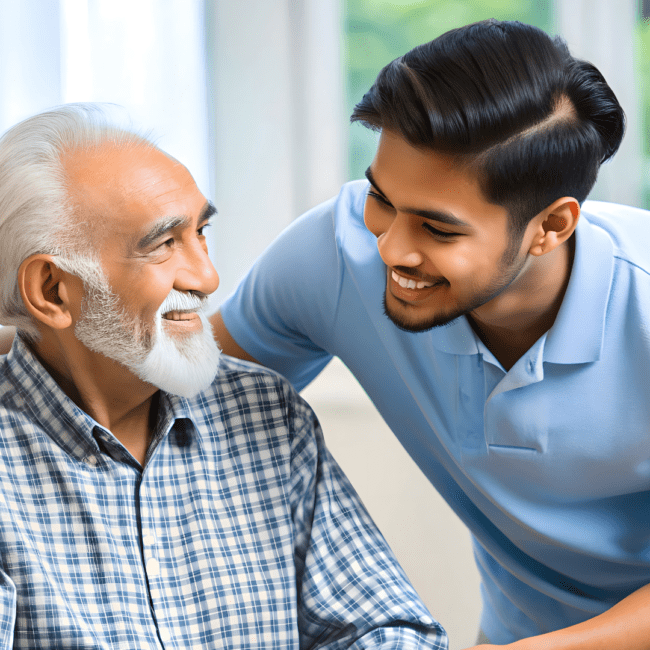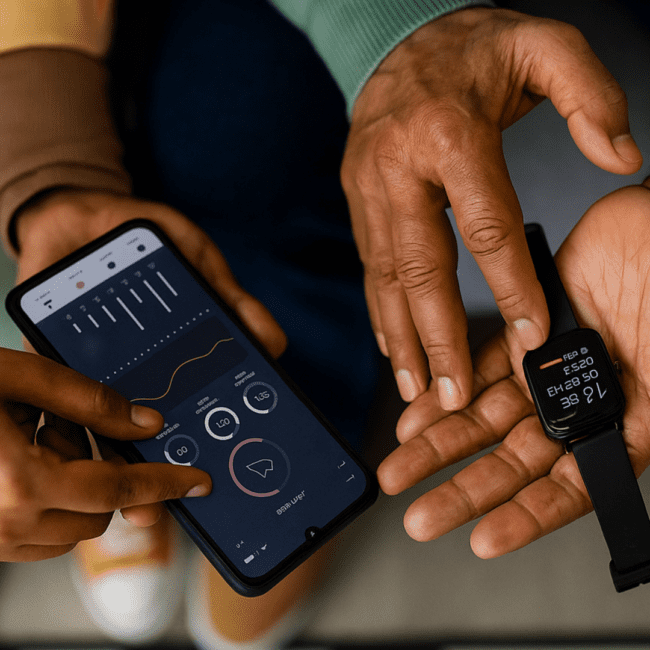Emergencies happen without warning, whether it’s a power outage, a medical crisis, a natural disaster like a flood, or even a fire. For older adults, these situations can be especially challenging. Ageing often brings reduced mobility, slower response times, and ongoing medical needs, making it harder to respond quickly or safely in a crisis.
As caregivers, you play a vital role in helping your ageing parents stay safe and ready for such scenarios. Creating a thoughtful, personalised emergency plan not only ensures their physical safety but also gives them emotional security and independence.
This article guides you through the key steps to build a senior-friendly emergency preparedness plan, with a focus on mobility, medical needs, and clear communication.
Why Emergency Planning Is Essential for Older Adults
Older adults may face physical limitations, depend on daily medications, or live alone without immediate access to help. During an emergency, these factors can quickly turn a manageable situation into a dangerous one.
By planning, you help your parents stay confident and prepared. You also gain peace of mind knowing that in a crisis, there is a clear plan of action.
Understand Your Parents’ Unique Needs
Start with a candid conversation with your parents. Discuss their daily routine, existing medical conditions, and physical abilities to get a clear picture of their specific needs.
Consider the following:
- Do they use a walker, cane, or wheelchair?
- Do they have vision or hearing difficulties?
- Are there memory-related challenges like early dementia?
Write these down and use them to shape the plan. Every emergency plan should be personalised; what works for one person may not be enough for another.
Help Create a Personalised Emergency Plan
Sit with your parent and work together to build a plan they understand and trust. Key elements include:
- Escape routes from each room, considering obstacles like stairs or narrow doors
- A list of emergency contacts, including family, neighbours, doctors, and nearby friends
- Designated meeting points in case they need to evacuate
- Clear responsibilities, who will check on them, who will pick them up, and how they’ll communicate
Prepare a Senior-Friendly Emergency Kit
A ready-to-go emergency kit is a must. Include:
- A week’s supply of all medications
- Copies of medical documents, prescriptions, and ID
- Spare eyeglasses, batteries for hearing aids, mobile phone charger/power bank
- Easy-to-eat non-perishable foods and bottled water
- A printed emergency checklist, review and update it every few months
Store the kit somewhere easily accessible and let your parent know exactly where it is.
Plan for Mobility and Transportation Support
If your parent struggles with mobility:
- Identify accessible exits in the house
- Speak with trusted neighbours or local volunteers who can assist during an evacuation
- Research senior-friendly transport services available during emergencies
- Practice moving safely using walkers, wheelchairs, or canes
Mobility needs are often overlooked, yet they can be the biggest barrier to a quick evacuation.
Manage Health Needs and Medications
Help them organise medications in clearly labelled containers. Discuss with their pharmacist about getting an extra supply of essential medicines. You might also consider a medical alert system or ID bracelet that lists vital health information.
Be Proactive if Your Parents Live Alone
Seniors who live alone need extra layers of safety:
- Set up a daily check-in routine (call, text, or video)
- Ask a nearby neighbour or friend to check in during extreme weather or local emergencies
- Create a shared emergency plan with your parents’ support network
A little coordination can go a long way in providing timely help.
Practice and Review the Plan Together
Don’t wait for a real emergency to test the plan. Role-play different scenarios:
- What to do in a medical emergency?
- How to evacuate during a flood?
- Who to call during a power failure?
Make sure your parent knows where the emergency kit is, how to contact help, and who’s coming for them. Review and update the plan after any major health or lifestyle change.
Use Community and Government Resources
Many organisations offer support tailored to seniors. Help your parent register with:
- Local emergency alert systems
- Senior helplines and medical emergency contacts
- Home delivery services for groceries, medicine, and essentials
Keep a list of nearby shelters, clinics, and hospitals that are senior-friendly.
Did You Know?
Samarth provides comprehensive emergency services designed to ensure preparedness and effective response during health crises.
Emergency Preparedness and Support
- Samarth offers 24/7 support for health emergencies, ensuring real-time coordination and management on the ground.
- We provide tools for one-touch access to essential medical details and paperwork, such as AADHAR Card/Patient ID Card, hospital deposits, and insurance information.
Proactive Measures and Tools
- We create an emergency plan for your parents to save time and lives, including steps like raising an alert, locating and reaching a hospital, completing hospital paperwork, and updating the doctor.
- Samarth provides an Emergency Tool Kit to securely store and access essential information anytime, anywhere.
Home Safety and Health Monitoring
- Samarth conducts home safety audits and fall prevention plans to reduce emergencies, as 30% of hospital emergencies are due to falls.
- Regular health monitoring and consultations with geriatric specialists are encouraged to detect conditions early and prevent emergencies.
Conclusion
Emergency planning is not about creating fear, it’s about building confidence and readiness. By helping your parent prepare, you’re not only ensuring their safety but also giving them the comfort of knowing they are not alone.






